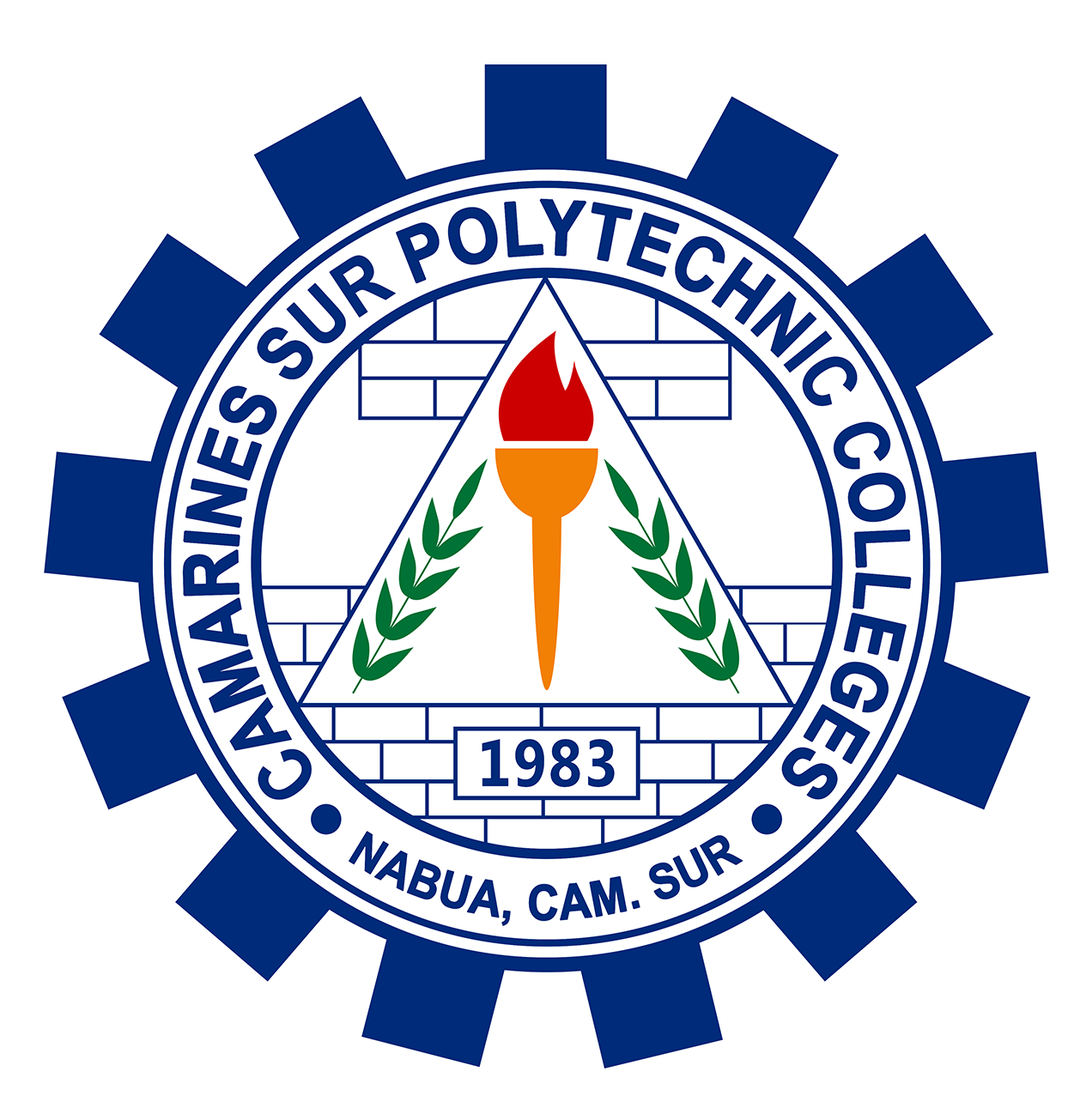Research independence / academic freedom policy
As stipulated in Part 3 Title II: Students Rights, Code of Conduct and Ethical Standards of Students, Article 2: Freedom of Choice, a student shall have the right to freely choose his field of study subject to existing curricular offerings and to continue his course up to graduation except in case of academic delinquency or violation of disciplinary regulations which do not infringe upon the exercise of student rights. Also cited in Article 3: Freedom of Expression, students shall have the right to freely express their views and opinions. They shall have the right to peaceably assemble and petition the government and school authority to redress their grievances (please see page 88). Moreover, Academic Freedom was further discussed in Article 9 on pages 90-91.
Moreover, along with research independence, as stated in Article 7: Research Problem, in selecting the research problem, the student shall be given the option to prioritize and choose one from his/her identified research problems (please see page 32) and was also discussed in Article 9: Academic Freedom where students have the right to conduct researches in connection with academic work, and to freely discuss and publish their findings and recommendations (please see page 91).

 GOV.PH
GOV.PH